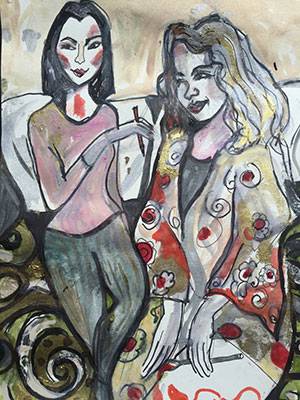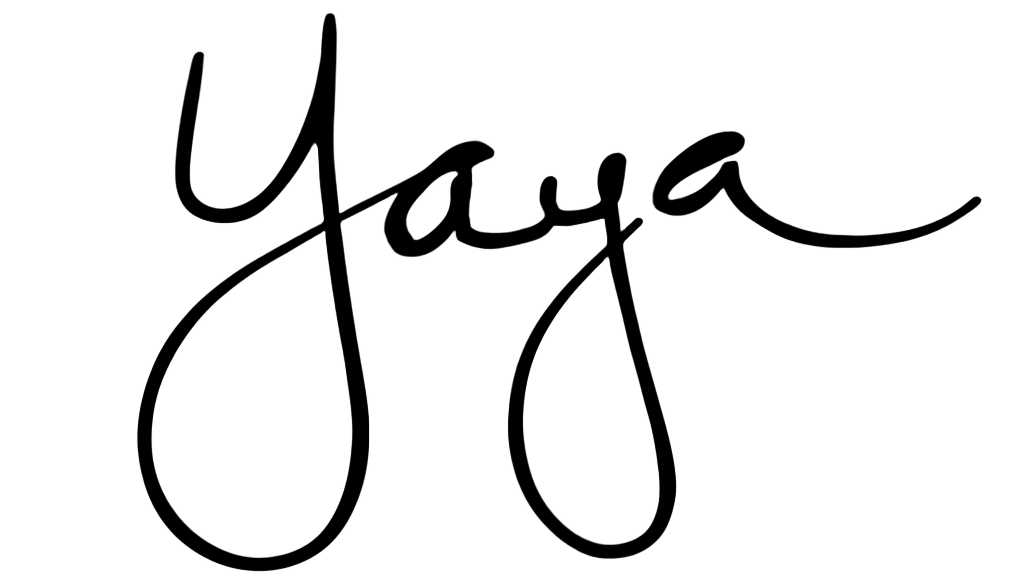The Art of Collaboration

“It is essential that you become transparent to yourself and wake up from this madness. Zazen means taking leave of the group and walking on your own two feet.” — Kodo Sawaki Roshi Like any marriage, mine was only as strong as the people involved. One weakness I brought to the union was an inability […]
#RealSweet

My name is Anna Colibri and I, along with a few select writers and artists (let me know if you’d like to be one of them!) contribute to this blog with the sole mission of making the world a more beautiful and functional place. I am a working single mom living in the heart of […]
